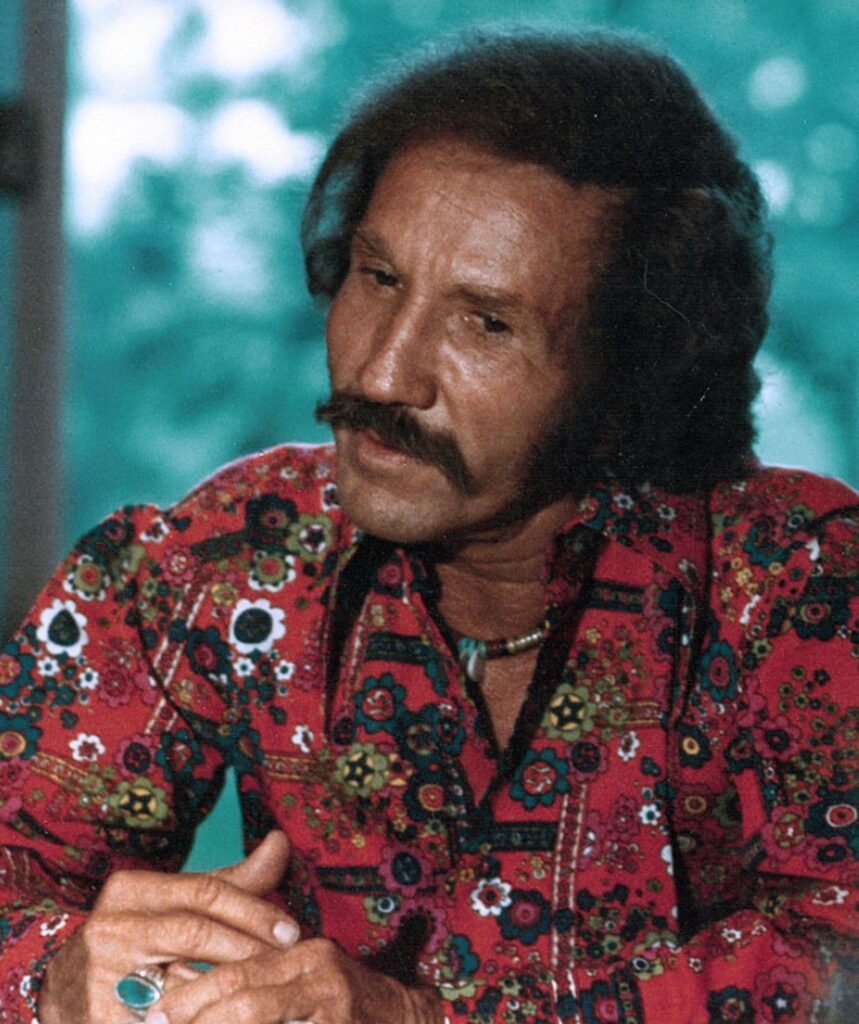
A quiet confession of longing wrapped in the fading light of yesterday’s dreams.
When Marty Robbins introduced “Oh, Virginia” to listeners on the album Today (1971), he delivered a piece that didn’t climb the major national charts with the same force as some of his earlier country triumphs, yet it nestled itself firmly within the emotional terrain Robbins traversed so masterfully—songs shaped by tenderness, regret, and the soft ache of memory. Released during a period when Robbins was exploring a warmer, more intimate vocal palette, the track stands as a testament to his capacity for quiet storytelling, using stillness and subtlety rather than spectacle to illuminate the heart’s fragile corners.
Like many of Robbins’ most reflective works, “Oh, Virginia” leans on the purity of its melodic design—easy, unhurried, gently turning on chords that feel as familiar as a letter written long after it should have been sent. Its power lies not in historical chart dominance but in its emotional precision: Robbins had an uncanny ability to give simple phrases the weight of a lifetime, and here he shapes that softness into a confession.
At its core, the song is about distance—geographical, emotional, and temporal. Robbins crafts the narrative with the quiet humility of a man replaying a moment he cannot revise. The titular “Virginia” becomes less a person and more a symbol: the embodiment of unresolved affection, the echo of a path not taken, the reminder of how love sometimes lingers longer than the moments that created it. Robbins often wrote characters who lived at the crossroads of longing and reflection, but “Oh, Virginia” does something rarer—it suspends the listener inside that crossroads, letting them feel the slow spin of memory as time blurs around it.
Musically, the arrangement embraces Robbins’ strengths: warm acoustic lines, gentle rhythmic sway, and that unmistakable voice—smooth, earnest, and touched by a soft Western melancholy. There is no urgency here, no dramatic crescendo. Instead, the song breathes, allowing every lyrical turn to settle like dust in the glow of late afternoon sun. Robbins understood that not every heartbreak comes with fire; some arrive as a sigh, and this track exemplifies that truth.
Its legacy is the kind that lives quietly, carried by those who seek the deeper cuts—the listeners who understand that Robbins’ artistry was never confined to the hits. “Oh, Virginia” endures because it feels lived-in, honest, and deeply human. It is a song for anyone who has ever whispered a name into the past, knowing it will never quite fade.